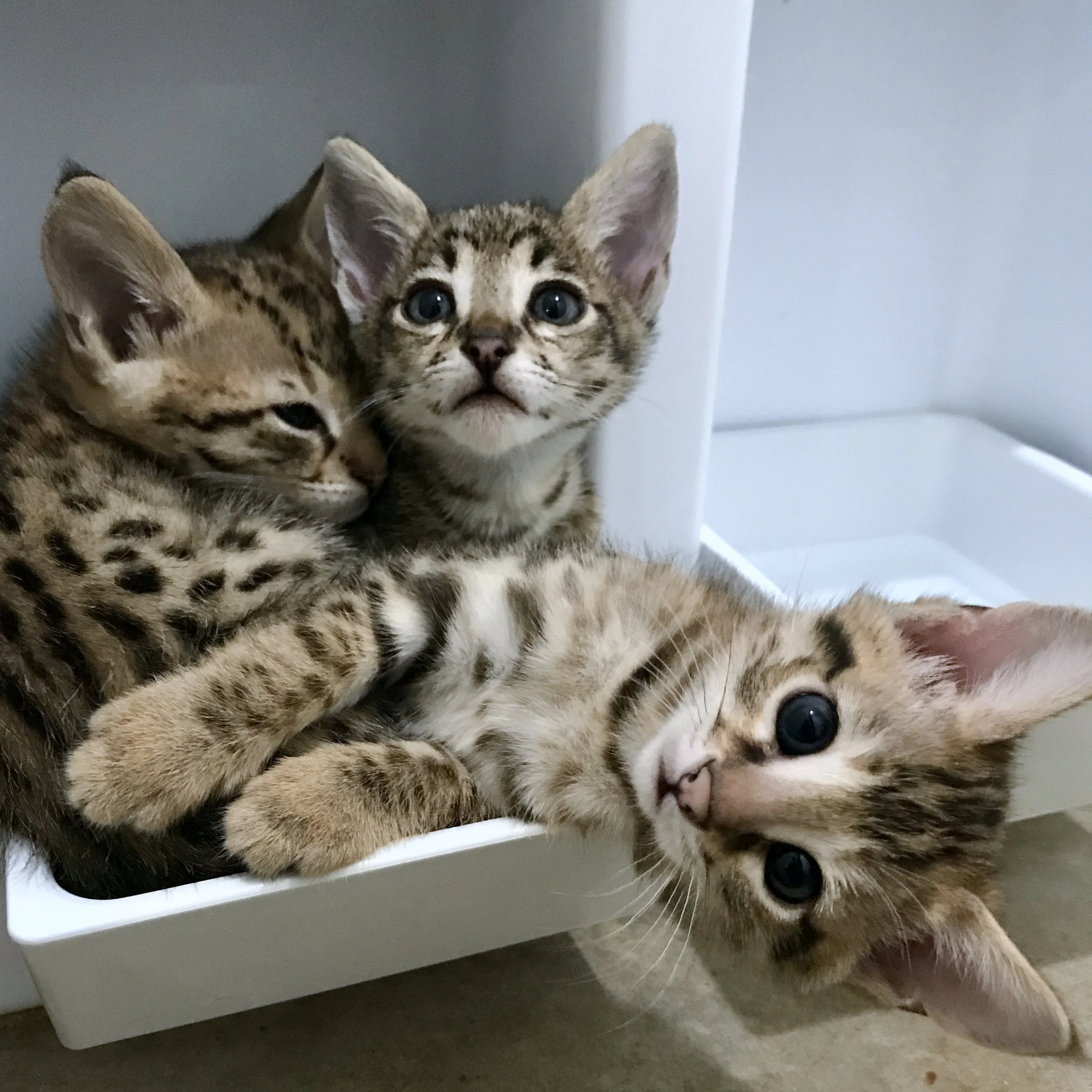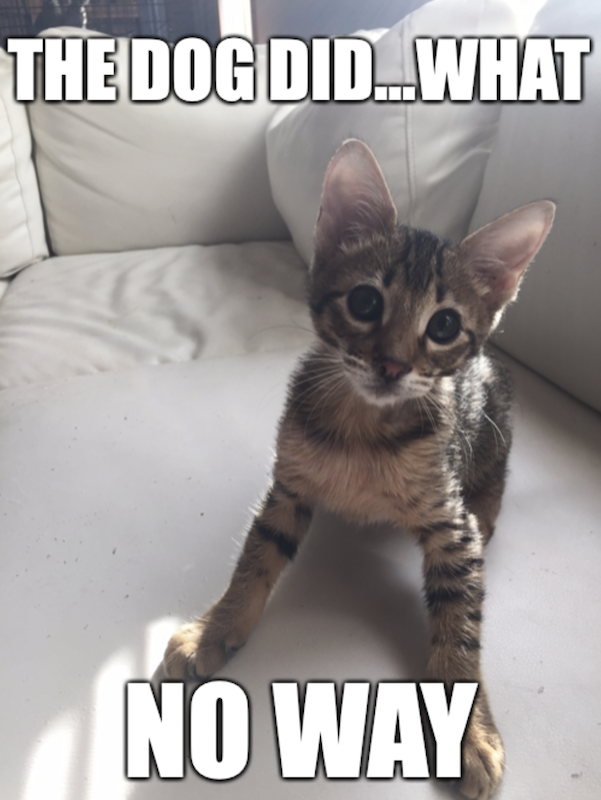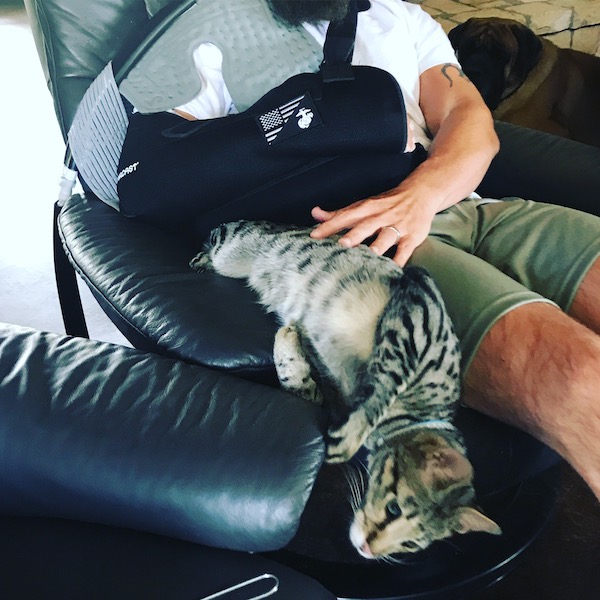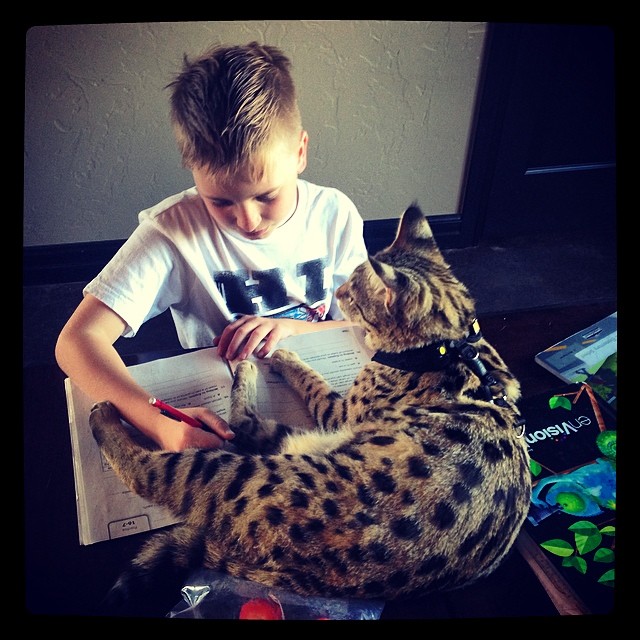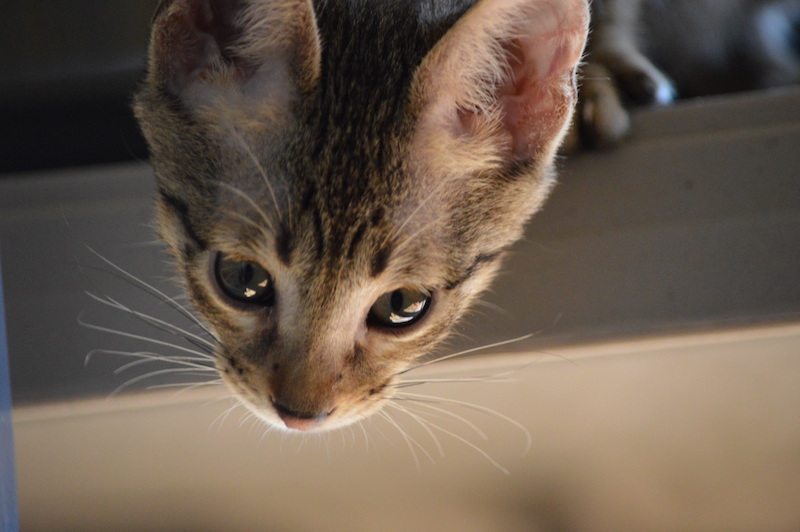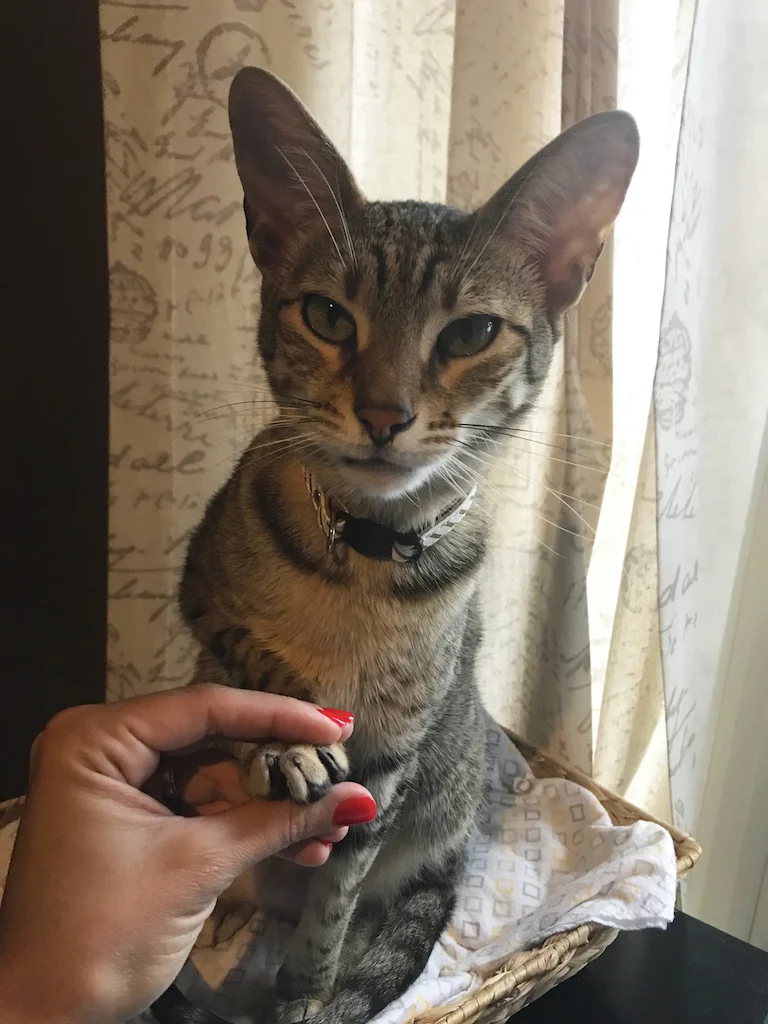A cat can be good company. When you have one, you’ll be able to relieve yourself from stress,and your home won’t feel so empty. However, there will be instances when you have to leave your cat alone. You might do this because of work, vacation, or other personal emergencies. And when this happens, do you know how to keep your cat healthy even when you’re away? This article can provide helpful tips.
Being a cat owner doesn’t mean that you can no longer do anything without your pet. Here are some ways on how you can keep your furry friend healthy even when you’re not around:
1. Get An Automated Feeder
Just like human beings, cats need to be fed regularly. Depending on the breed and age of your cat, you might need to feed them twice or thrice a day. To ensure that your cat will get the nutrition they need when you’re away, buy the best automated cat feeder for your feline friend. This device dispenses the right amount of food for your cat at certain times of the day. An automated cat feeder is a smart investment that ensures your cat is well-fed even if they are left home alone.
2. Leave Plenty Of Water
Aside from food, water is a necessity for cats. All cats will need a clean and fresh supply of water, regardless of whether they’re young or old. When leaving your cat alone, always leave plenty of water for them by ensuring that their bowl is filled before you head out. An extra supply of fresh water placed in different bowls around your home will also make sure that they’ll never run out of their drinking supply.
If you have the budget, consider buying a pet water fountain. This device provides continuous water flow, allowing your cats to stay hydrated during your absence.
3. Think About The Weather In Your Area
Different weather conditions will have different effects on your cat. If your cat is exposed to too much cold, they can easily get sick. Too much humidity can also cause your cat to experience a heatwave. Before leaving your cat, think about the weather in your area first. Is there a storm coming? Will the temperature rise in the middle of the day? Make sure that your cat is comfortable indoors based on the expected weather for the day.
If the news or weather report informed you that the heat would be scorching during noon, consider leaving the air conditioning or fan on before leaving. This tip can be appropriate if you’re only planning to leave your cat alone for a couple of hours.
4. Add A Second Litter Box
A litter box can make your life as a cat owner easier and more convenient. When you have one, you don’t have to waste time cleaning different areas of your home from cat urine and feces. A litter box encourages your cat to do their business in one place, making your home cleaner. If you’re going to leave them alone, it’s best if you invest in a second litter box. Since no one is around to scoop out the first litter box, this area can fill up fast and can prompt your cat to find other areas in which to answer the call of nature. Once they see that their litter box is full, they will likely pee or poop in other areas of your home, and this can be very stressful once you arrive.
When you place a second litter box indoors, you’ll reduce the chances of your cat leaving a mess in places where they shouldn’t. Buying a second litter box might require money from your pocket, but because of the benefits you can enjoy from it, this purchase will be worth it in the end.
5. Provide Home Entertainment
Being left at home can be lonesome. This is especially true if you don’t have anything else to do. The same notion applies to your cats. When you leave them alone at home, they have nothing else to do but to wait for your return. To keep anxiety and boredom at bay, provide home entertainment for your cat. You can do this by leaving the radio or TV on so your cat won’t feel so lonely. You can also consider buying your cat a new cozy bed or scratching post to keep them entertained.
Consider Diversity
There are actually a lot of ways on how you can keep your cat healthy while you’re away. Aside from using the tips in this article, you can do your own research, ask for help from people who also have cats or feel free to give us a call. Different cats will have different reactions to a specific practice so it’s best if you scout for options and test the waters with your own cat.
Take a look on at some of the other products we recommend.
Until our next cat convo




